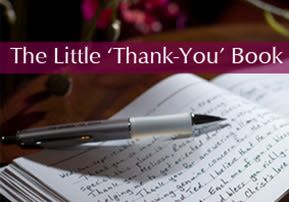
The Little ‘Thank-You’ Book
Slowly, I went through every ‘negative’ experience, and saw the tremendous good that came out of every situation. And that gave me a tremendous boost...

A little while back, Rav Arush published his latest book in Hebrew, entitled ‘Chochmat Nashim’ (Women’s wisdom). The book has been absolutely amazing –  although it’s also quite hard-hitting in places, and has really made me stop and think about a number of ‘givens’ in my life.
although it’s also quite hard-hitting in places, and has really made me stop and think about a number of ‘givens’ in my life.
One of the most useful things I’ve read in it so far is about the little book of thank yous. Rav Arush talks a lot about the need for people to have gratitude to Hashem, not only for the many, many blessings that He gives us every day, but also (even especially…) for the things that we find hard and painful.
Trouble is, it’s not always so easy to thank sincerely for something we don’t like, especially if that ‘something’ has caused us a tremendous amount of pain and heartache.
I personally had been really struggling with this issue for a while; how do I sincerely say ‘thank you’ for not having more kids? How do I sincerely say ‘thank you’ for feeling so lonely so much of the time? For always having tight finances? How do I say ‘thank you’ when it’s really the last thing I feel like saying?
Rav Arush came to the rescue. In the chapter on gratitude, he covers exactly this. First of all, he split the process into three parts. Part one is to ONLY thank Hashem for all the blessings we have – and to not even touch on the subject that’s causing us pain or upset.
Only when we are so full of gratitude – we really recognise all the tremendous things that Hashem does for us all the time – should we move on to part two, which is to thank Hashem for the actual trial or tribulation that’s been most hurting us. But we should only move to part two if we are absolutely sure that no ‘poor me’ syndrome will creep in, even in a small way. If we suspect we might have a tinge of ‘poor me’, we should continue just thanking Hashem without broaching any painful subjects.
Part three is when we can ask Hashem to show us the reason for our trial and tribulation, so we can try to make teshuva and ‘fix’ what needs fixing. But again, only if we are sure that we won’t fall into ‘poor me’.
Why? Because any prayer that comes from a place of ‘poor me’ not only won’t get answered; it could even trigger off a whole bunch more harsh judgements, G-d forbid.
I tried this three part process – and it really, really helped me to get out of the ‘rut’ I’d kind of got stuck in. For a couple of weeks, I spent the whole hour of my hitbodedut just thanking Hashem, and not even mentioning the things I’ve been struggling with.
Even better, Rav Arush tells a story in ‘Chochmat Nashim’ about a female student of his, who told him that she’d started keeping an exercise book where she’d write down all of her thank-yous.
Rav Arush thought it was a great idea, and recommended that everyone should have such a ‘little book of thank yous’. I started mine a few weeks’ ago, and it’s been an amazing help.
First of all, it made me stop and actually start writing down my blessings. Thank G-d, I’m healthy, my husband is healthy, my kids are healthy. Thank G-d, we live in Israel. Thank G-d, my husband has a steady job and good parnassa. Thank G-d, I’m not working myself to death anymore, etc etc.
Just having them set down on a page made me really sit up and start to take notice. Wow. I have a lot of blessings! It also meant that when I could feel an imminent attack of ‘poor me’ coming on, I’d take my exercise book, and start going through my brachot. I also started taking it with me for my hitbodedut sessions, to get me started and ‘in the mood’ for sincerely thanking Hashem.
Very quickly, Hashem showed me more and more reasons to be grateful: Thank you, Hashem, I have good shalom bayit, and love spending time with my husband. Thank you, Hashem, that I don’t find looking after my children a burden or punishment (not least, because I don’t have more than I can handle…) Thank you Hashem, that I have the freedom to follow my conscience, and not just blindly go along with what ‘everyone else’ is thinking or doing. Thank you that I have the free time to pop off to holy sites, art shops and Machane Yehuda pretty much whenever the mood takes me. Amazing.
But then, after a couple of weeks of the thank you book, Hashem inspired me to take it up a level. I started actively looking for reasons to thank for things that had been very difficult and traumatic.
I’d write down: “Thank you, Hashem, that my business failed two years ago” – and then end up with eight or nine ‘spin-off’ reasons to really thank Hashem for it, that I could see so clearly with hindsight.
1) It got me to start talking to Hashem
2) It stopped me spending my whole life working
3) It meant I spent more time with my husband and kids
4) It improved my shalom bayit tremendously
5) It reduced my stress levels
6) It let me start cooking, gardening and doing other things I never had time for before
7) It gave me time to contemplate what I was really meant to be doing with my life
8) It helped me to start making real teshuva
You get the idea. Slowly, slowly, I went through every ‘negative’ experience, and saw the tremendous good that came out of every situation. And that gave me a tremendous boost that the things I am struggling with in the here and now are also, genuinely, for my best. In turn, that helped me to really start saying a genuine ‘thank you’ for them.
Thank G-d, I am feeling so much happier. As a result, I am coping so much better with challenging situations that even a couple of months’ ago, would have sunk me deep into ‘poor me’ syndrome.
I’ve had a couple of hours in the last month of feeling a bit ‘down’ – and armed with my thank you book and an hour of hitbodedut, Hashem helped me to banish the miserable feeling.
So if you want to really see a change for the better in your life (even if the external circumstances are bad and getting worse…) invest 10 cents in an exercise book, and start keeping your own ‘little book of thank yous’. You won’t stop saying ‘thank you’ that you did.
Editor’s note: “Women’s Wisdom” – the English-language version of Chochmat Nashim, is now available here online.


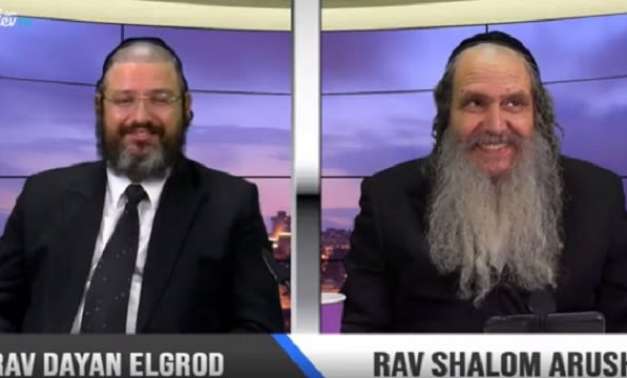



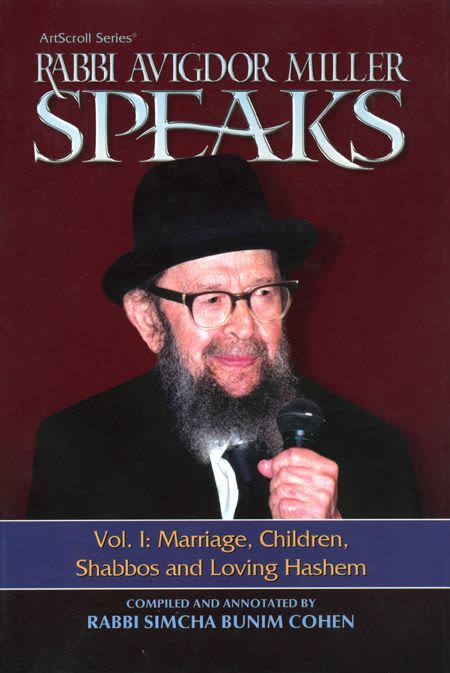
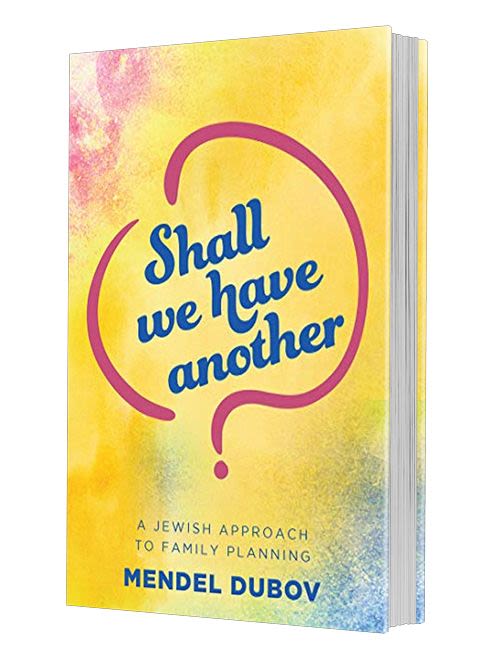


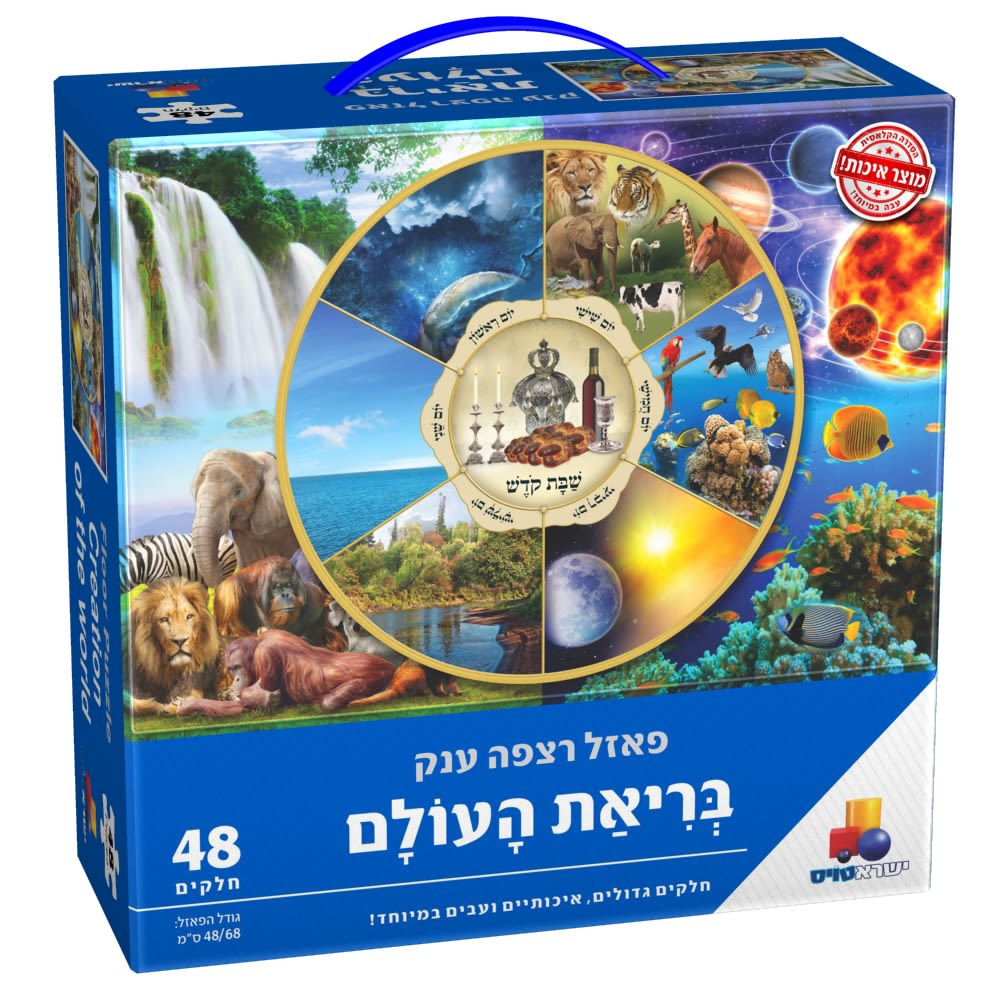
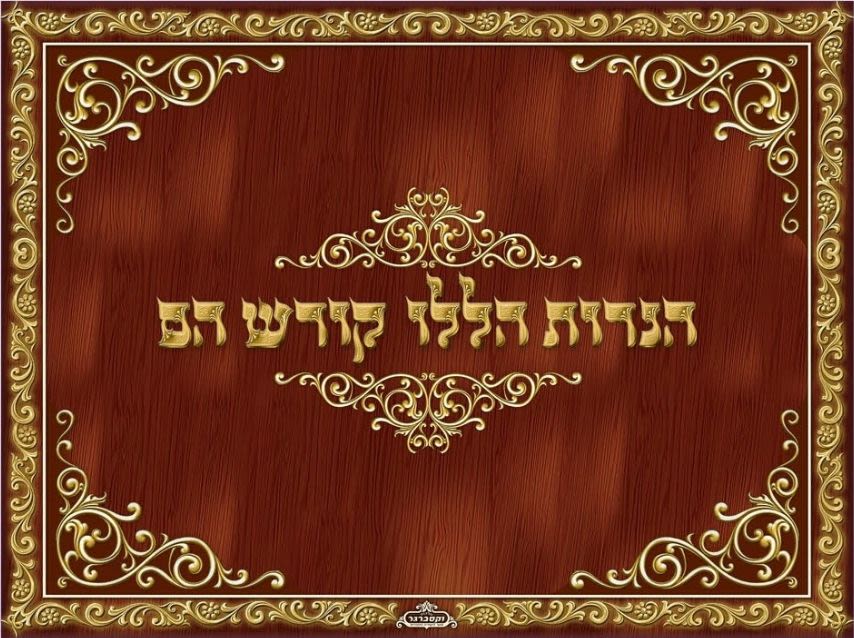
12/13/2009
gratitude Thanks for your article. I am also reading Chochmat Nashim and getting quite a lot from it, not at all patronising as some books are and it gets me to challenge my own thinking.
My rav also advised me to spend most of my hitbodedut thanking Hashem and it really does work. He suggested asking for things I really want or need help with at times of lev nishbar and also to say shir hashirim before dawn for special requests. Gratitude really works and keeps us upbeat and happy.
12/13/2009
Thanks for your article. I am also reading Chochmat Nashim and getting quite a lot from it, not at all patronising as some books are and it gets me to challenge my own thinking.
My rav also advised me to spend most of my hitbodedut thanking Hashem and it really does work. He suggested asking for things I really want or need help with at times of lev nishbar and also to say shir hashirim before dawn for special requests. Gratitude really works and keeps us upbeat and happy.